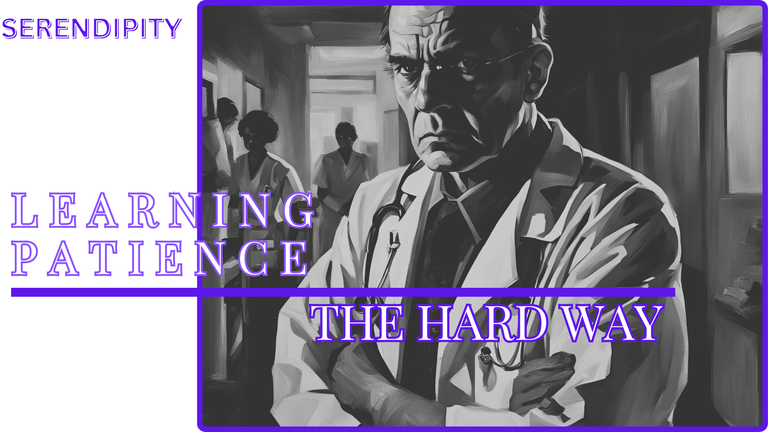
Patience. It’s a cornerstone of the medical profession, a virtue you cultivate with every sleepless night, every challenging case, and every difficult patient. And yet, there are moments when even the most patient among us are pushed to their limits. This story is about one such moment—a consultation I will never forget.
A Promising Afternoon
That day started like any other. My clinic was running smoothly, and I felt confident that I’d be able to finish early—a rarity in this line of work. I had already seen a handful of patients, each interaction reminding me of why I chose this profession. By early afternoon, I was in high spirits, ready to tackle the remainder of the day with the same energy.
Then, he walked in.
The moment I saw him, I knew this was going to be different. He was middle-aged, impeccably dressed, and carried himself with an air of authority that filled the room. His gaze was sharp, his stride deliberate. He didn’t just walk into the consulting room; he commanded it.
“I’ve worked here before,” he said, by way of introduction. His voice was firm, his tone assertive. “Some years ago, I was a doctor in this very hospital.”
“They say doctors make the worst patients,” I thought to myself with a wry smile. I had seen enough of my peers on the other side of the desk to know that this might not be easy. What I didn’t know was just how far this consultation would stray from the ordinary.
The Questioning Begins
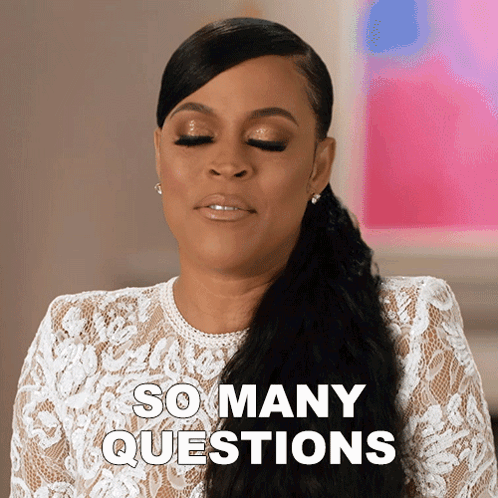
He sat down, glanced around the room, and then locked eyes with me. “Why did they change the system here?” he asked abruptly, skipping the pleasantries.
I blinked, momentarily caught off guard. “I’m sorry, what system are you referring to?”
“The appointment scheduling. It’s ridiculous now. Back in my day, things were different. They were efficient. What happened?”
I took a deep breath, forcing a polite smile. “I’m not sure about that. I focus on patient care, not administrative changes.”
He raised an eyebrow, clearly unimpressed with my response. “You don’t know? You work here, don’t you?”
It was a loaded question, and I could feel my patience beginning to fray. But I reminded myself to stay professional. “I’m here to address your medical needs today. Shall we get started on your review?”
He didn’t answer. Instead, he launched into a tirade about how the hospital had declined since his time there. He spoke with the authority of someone who believed their opinion was indisputable, detailing what he perceived as the failings of the current system.
A Shift in Tone
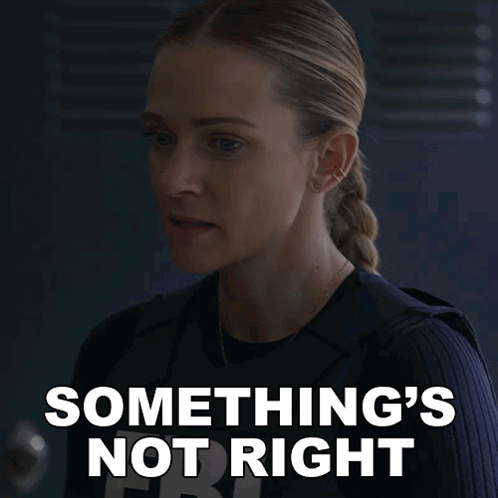
At first, I listened politely, nodding occasionally, hoping he would eventually circle back to the reason for his visit. But as the minutes ticked by, it became clear that he had no intention of making this easy.
Then, the conversation took an unexpected turn.
“What are your qualifications, anyway?” he asked suddenly, his eyes narrowing.
For a moment, I was stunned. The question was so direct, so brazen, that it took me a second to process it.
“I beg your pardon?” I replied, keeping my tone as even as possible.
“I mean, what makes you qualified to see me? Do you have enough experience for this?”
It wasn’t just a question; it was an interrogation. Each word was a subtle jab, designed to undermine my confidence.
“I have the necessary qualifications and experience to conduct this review,” I said, my voice calm but firm.
He leaned back in his chair, a smug smile playing on his lips. “Hmm. Interesting.”
The Breaking Point
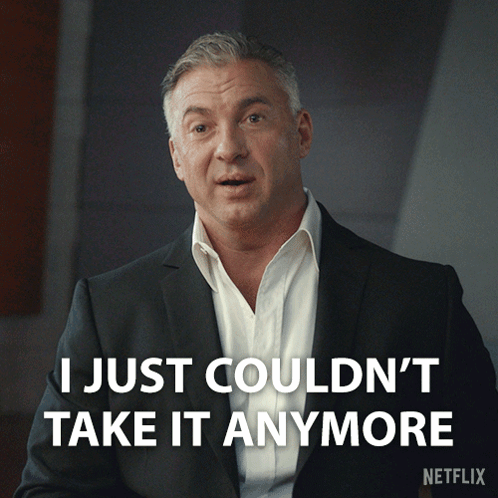
By this point, my frustration was bubbling just beneath the surface. I could feel the tension in the room, thick and suffocating. This was no longer a consultation—it was a power play. And yet, I knew I couldn’t afford to lose my composure.
The rest of the appointment was a blur of thinly veiled criticisms and unnecessary questions. What should have been a straightforward review stretched on far longer than it needed to. By the time he finally stood up to leave, I felt like I had been through a battle.
“Thank you for your time,” he said, his tone as dismissive as ever.
I watched him walk out, and as the door closed behind him, I let out a long, shaky breath. My consulting room felt smaller, quieter, and I found myself pacing its length, trying to calm the storm of emotions swirling inside me.
Lessons Learned
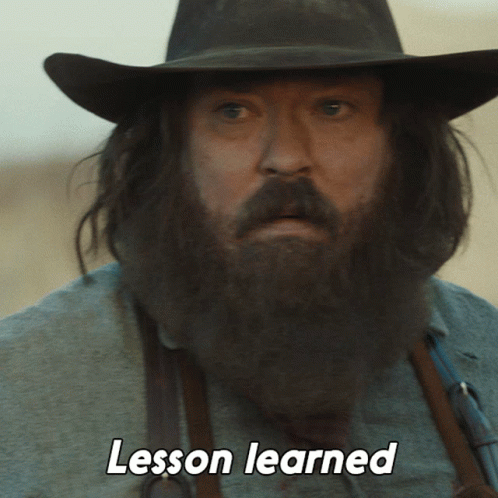
That encounter stayed with me long after it ended. It wasn’t just his condescension or his relentless questioning that bothered me—it was the lack of respect. As doctors, we’re trained to treat every patient with compassion and dignity. But when that courtesy isn’t reciprocated, it can be deeply disheartening.
Still, I knew there was a lesson to be learned. Medicine is as much about managing people as it is about diagnosing and treating illnesses. Not every patient will appreciate your efforts or respect your expertise. Some will challenge you, intentionally or otherwise. But it’s in those moments that professionalism truly matters.
Looking back, I’m grateful for the experience, as frustrating as it was. It reminded me that even on the most challenging days, the work we do is important. And no matter how difficult the interaction, our focus should always remain on what brought us to this profession in the first place: the desire to help.
For every challenging patient, there are countless others who remind us why we do what we do. And that, more than anything else, makes it all worthwhile.

